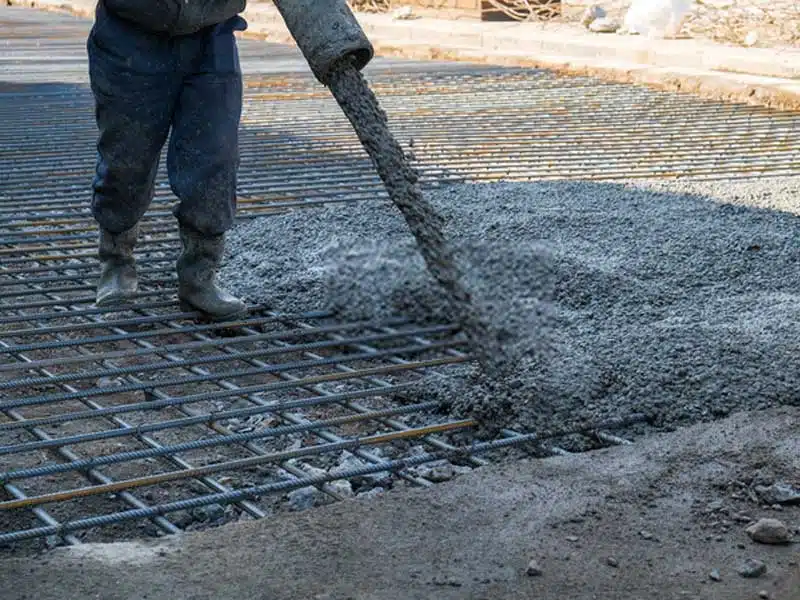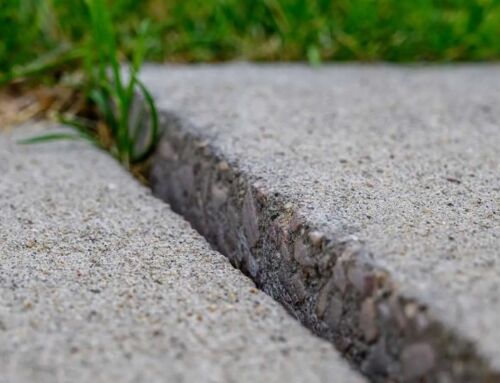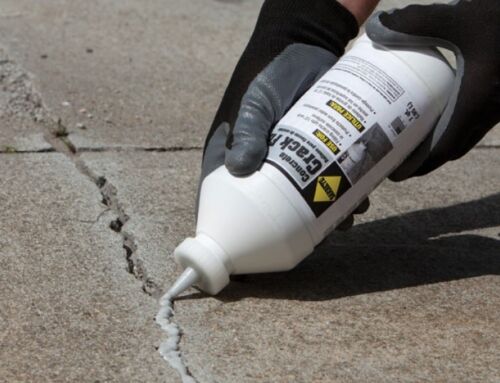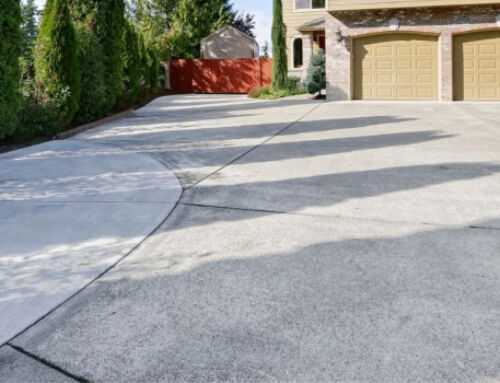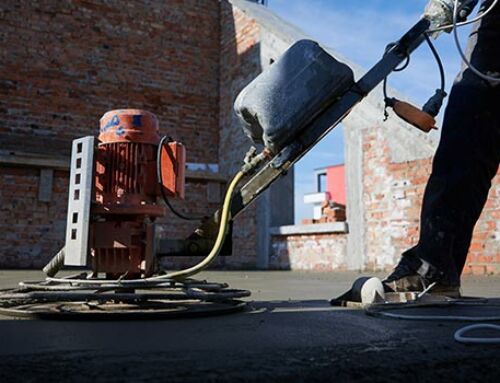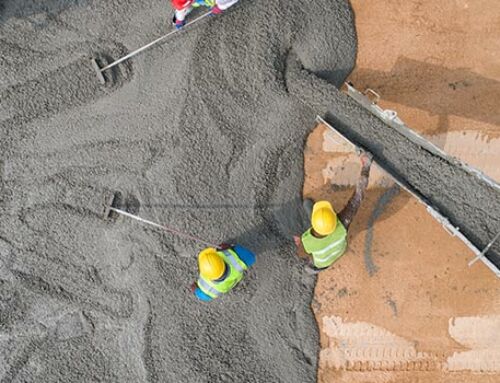Footings are a vital part of the foundations of any home, and even some smaller structures such as decks and walls. Sitting underneath the foundation wall, directly in the soil, they support the rest of the construction and keep the foundations in place. Essentially, they prevent a building from moving, slipping and even from falling down.
Pretty much every building will need footings. Without them, a building would quickly begin to fail and become unusable. We aren’t aware of it, but the ground underneath us constantly moves, and even tiny movements in the earth can cause significant problems for buildings that don’t have proper foundations. If you ever meet a builder who tells you you don’t need proper foundations or footings, find another one.
Most footings are made from concrete, which is strong and easy to adapt to different types of construction and different soils. While occasionally, a builder will use another material such as brick, concrete is the first-choice of most professionals. As Melbourne concreters, we constantly create concrete footings for building projects.
If you want to learn more about concreting options, check out our resources:
1. What Are The Most Common Concrete Types?
2. How to Find the Best Concrete Contractor in Melbourne
3. Top Benefits of Hiring Professional Concrete Services
4. 5 Ways You Can Use Concrete in Your Garden
5. What Concrete Extension Types Can You Add To Your Home?
6. How To Remove Stains From Concrete
Why concrete footings are so vital
They hold up the building
Occasionally foundation walls for light, simple structures, such as a timber garden room or shed, can be built without footings. However, the foundations of any house need footings to hold the foundations in place and keep the building from falling down. It’s not that a building without footings would immediately collapse, but over time, it would begin to crack and crumble, becoming unusable.
They stop settling
When a new home is built, a process called ‘settling’ happens in its first few months and years. This is exactly what it sounds like: the building settles into the ground, moving slightly. Builders know that this happens and will take account of settling when they build.
A small amount of settling is normal and doesn’t cause damage, but a large amount of settling can cause sinking and cracking, and even make a house dangerous to live in. Occasionally, disreputable builders use the wrong kind of footings or fail to build deep enough, and the new house they’ve built will settle excessively and crack.
They adapt to soil conditions
Different types of soil provide different building conditions. Some soils, such as clay, absorb moisture easily which can cause movement. Sandy soils are better, easily draining the water away from the foundations and providing a better base. In Melbourne, our soil is mostly loamy, a mixture of sand, silt, and clay: the ideal balance. At the beginning of any project, a builder should assess the soil and then plan the foundations and footings accordingly. Poor quality soil can be built on, but the footings will need to be adjusted to take account of the soil’s properties.
Concrete & Formworks Melbourne
At Concept Concrete, concreters in Melbourne, we create concrete footings for domestic and commercial building projects throughout the city. Call 1300 366 343 to get your quote, or click here to request a quote through our website.

